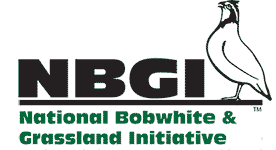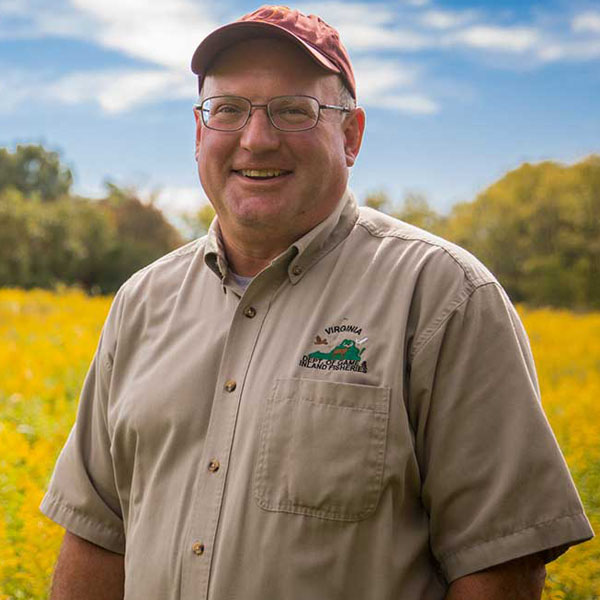The year is 2047. The old man, now in his early eighties, struggles up over the ridge top, out of breath and wondering if he’d pushed himself this time too far. Maybe he’d die right up here in these laurels where he’d brought down many grouse and woodcock over the decades before it all began falling apart. That would be an end that suited him. He’d felt alone for so long now anyway save for his dog. The dog kept him going. He just wanted to outlive his last dog so he could make sure the old friend lived out his days in the woods. The thought of himself dying before Buster…well, he would tear up picturing the old fellow wandering aimlessly in the mountains for days until starvation overcame him. So he always quit a little before he was on his last breath.
Of course, what would it matter if they both died right here, right now? Who would care, or even know he was the last bird hunter? His way of life peaked in the mid-20th century, well before he was ever born, some would say. And in spite of valiant efforts by many agencies and non-governmental groups to “save” upland bird hunting, it died anyhow.
At first, there was a lack of birds, and scientists scrambled for a few decades piecing together the whys of the decline. There were many. Some could be addressed … like habitat loss…but in the end the innate quest for expansion by human beings led to increasing pressure to produce food and fiber. And this led to less and less land to set aside to be managed for wildlife.
The production of food and fiber in the best days of bird hunting actually was what produced the highest number of birds ever known…just by accident. And no one could have ever imagined it wouldn’t always be so good. For a couple decades, old bird hunters blamed wildlife agencies and private entities for not caring enough, or working harder, or cutting more timber, or using fire more. Toward the end of their lives though, they came to a sad realization…in all but the most remote parts of our land, or some of the wealthiest, you simply could not manage enough to offset the loss of the accidentally created habitat of yesteryear. The intensity with which land now had to be managed to meet basic human needs left little space for wildlife. But it hardly mattered anymore.
The decline in upland bird hunting…well, all hunting, really…was only partly due to lower game populations. Society changed, slowly at first, and then more and more rapidly every year. Reality became increasingly replaced by virtual reality. The human mind expanded, as the human leg muscle declined. Going outside became something folks did just to get to their newest mode of computer-guided transportation. People could place a device over their faces and experience virtual reality giving them sensations beyond anything they felt while walking through the woods following an old raggedy dog around trying to kill something.
The old man had shut down years ago. He’d seen it coming. At some point, any species that goes extinct first takes a wrong evolutionary turn or two. And, of course, the vast majority of them don’t realize it. He’d realized that the further removed we became from the earth that produced us, sustained us, the lower our chances of ever persisting as a species. He knew it was beyond bird hunting. He finally gave up on cell phones when it reached the point that you had to subscribe to a company and get a new phone delivered every week with the latest installments in order to communicate. The few people who knew him thought he was either very brave, or completely nuts, for venturing more than a few hundred yards from his house without phone communication ability. They had never read about Lewis and Clark, or Livingstone, or Teddy Roosevelt on the River of Darkness.
For a few decades, he’d also made his life working for an agency. He had done all he knew how to do to try to right the ship, so to speak. But he was a biologist, not a psychologist, or an outreach specialist. He’d blamed himself and been blamed by others for not doing enough. He’d lain awake at night for years wracking his brain into a fever…what is the magic bullet? Or how many smaller things can we try to maybe add up to more bird hunters again, more quail, more grouse, more woodcock. Should we use pen-raised birds to promote upland bird hunting? Should we try fall pre-season release on some of our WMAs?
He’d written articles about how to become a 21st Century Bird Hunter. He’d often wished a movie mogul would make a movie about bird hunting similar to the great movie built around a family’s struggles and their love of fly-fishing for trout. After “A River Runs Through It” was released, there was a noticeable uptick in the number of fly-fishers.
He never gave up until the day he retired. They did see some successes, though limited geographically. He’d also seen an uptick in habitat management interest over the years. But this was accompanied by an uptick in the need for other critical agency jobs such as human/wildlife conflict resolution. And he’d seen a continued decline in the number of wildlife professionals per capita in most states. He and all of his colleagues lived the adage “more with less.” He did find some hope in the fact that there were a lot of bright young biologists sharper than he ever was coming along.
But after he retired he reached the conclusion that the best thing he, and all the remaining bird hunters, could do to keep bird hunting alive, was to keep going themselves. To keep talking about it, writing about it, and living it. Every time he saw an old bird hunter hunting alone he’d ask them why they did not try to find a protégé. Every time someone complained to him about how bad things were going he’d ask them “What have you done to help today?” Every time someone saw his dog, he’d tell them not only about the breed, but about its history, and then about the dog’s life itself.
Someone asked him once “Why do you care if bird hunting survives? What’s it matter to you? You have birds now, and a dog, so why waste your time on people who don’t want to live your life?” He touched the young man on the arm softly, then grabbed a bit of the cloth of his shirt, just enough to make sure he was listening and he said “Because I see where we’re headed when it’s gone.”


